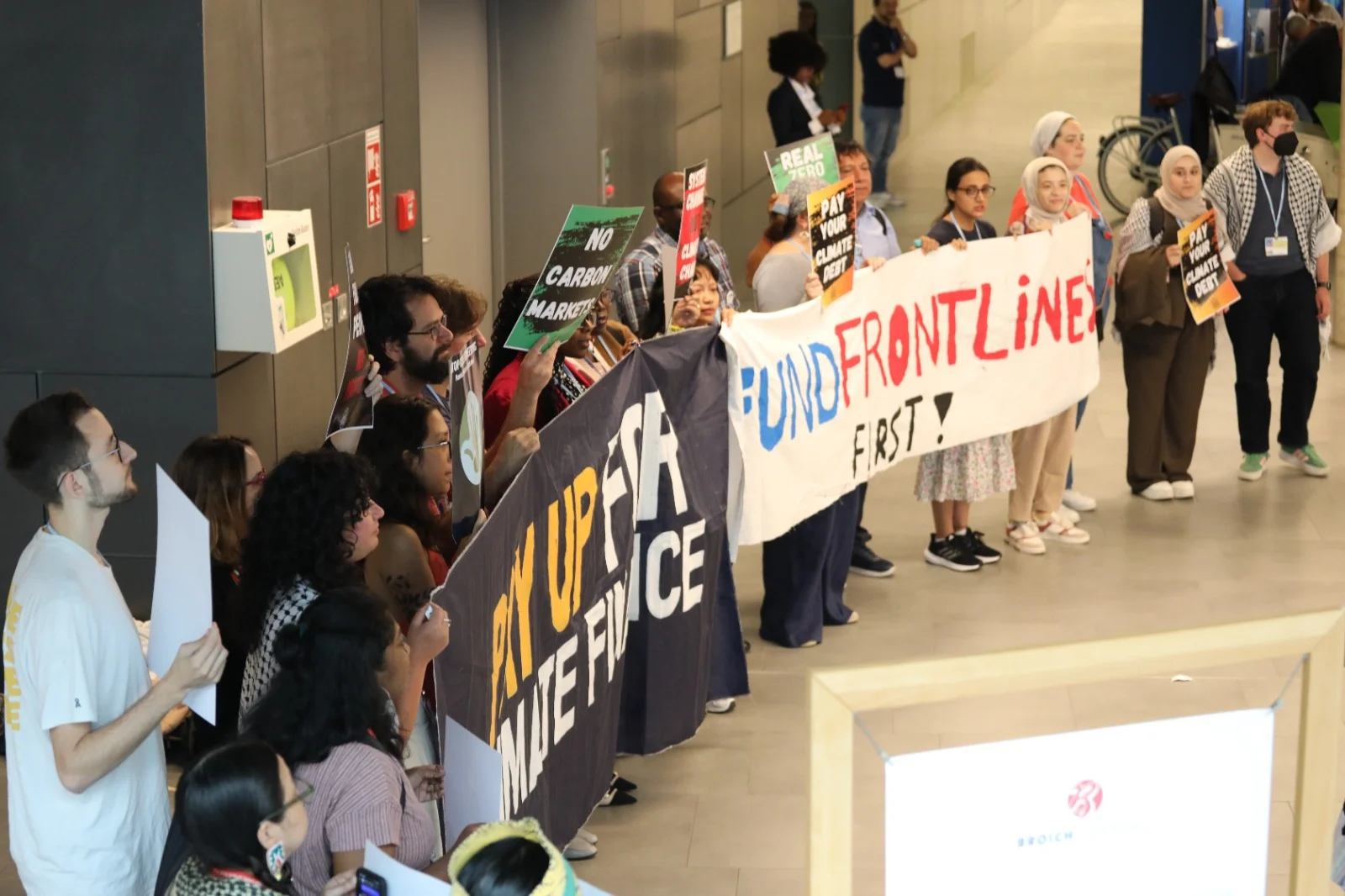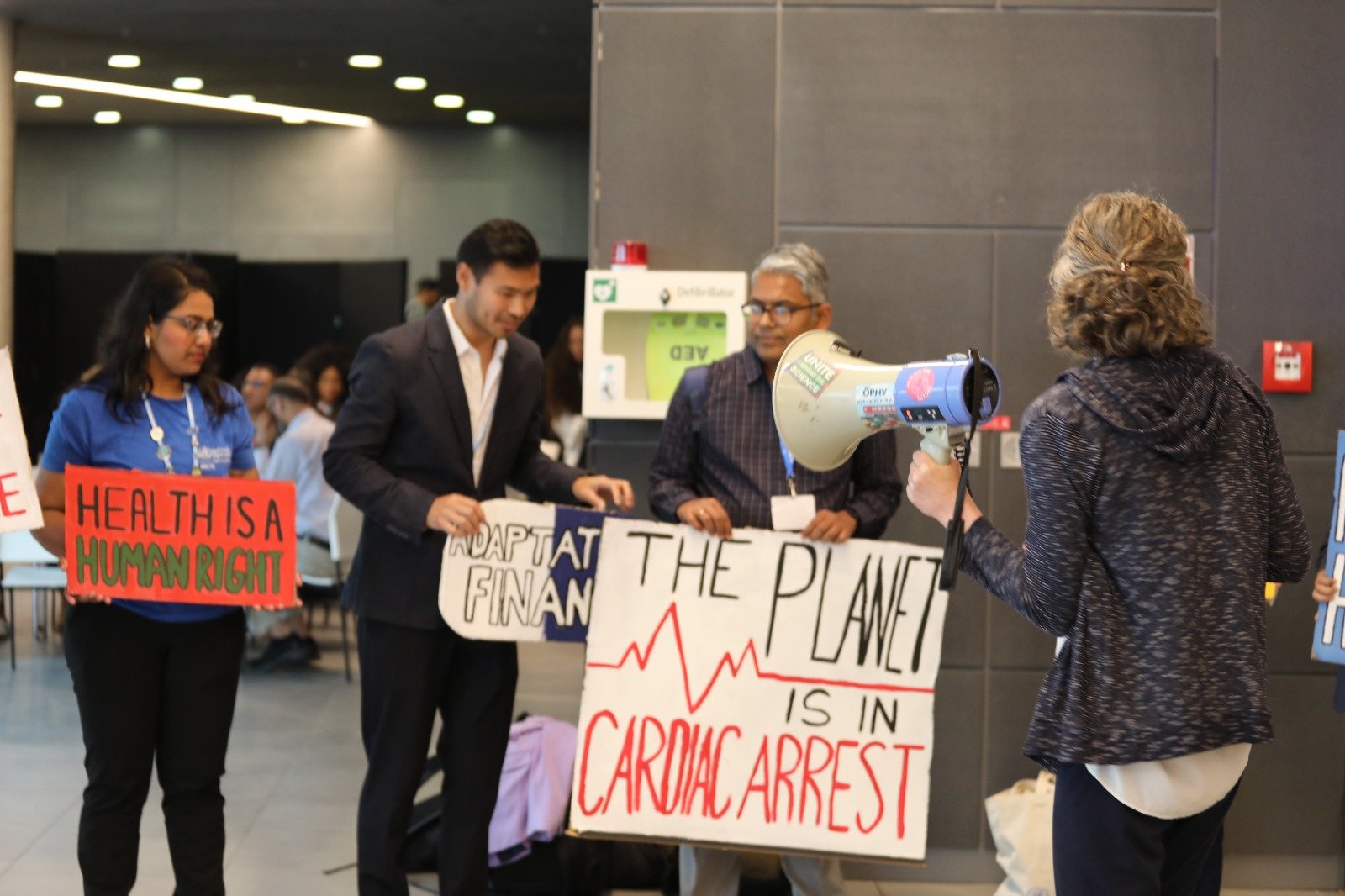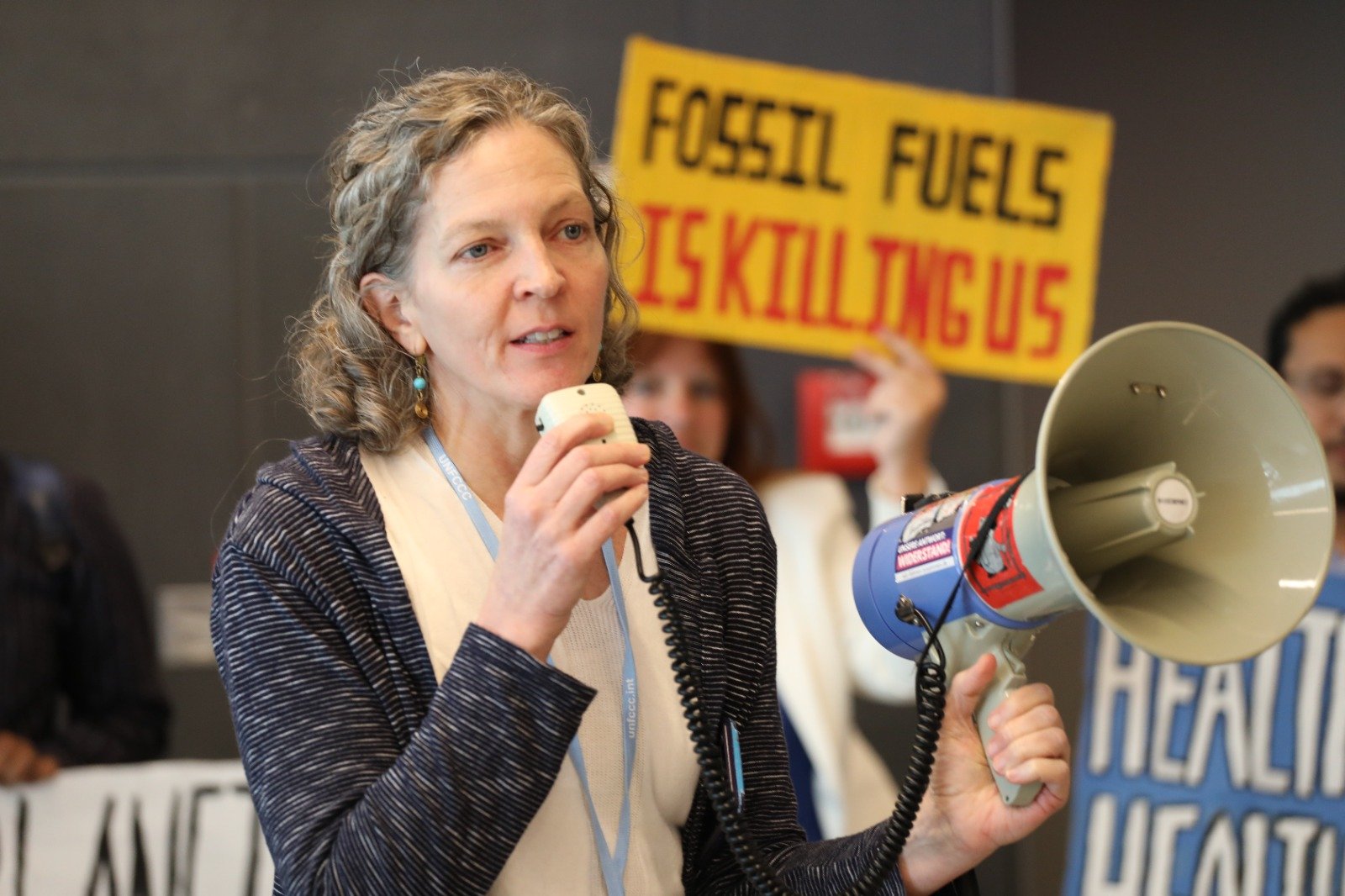Uganda’s Carbon Market Faces Global Scrutiny Amid Activist Calls at Bonn Summit

BONN, Germany — Climate activists and health experts at the Bonn Climate Summit have called on global governments to take a decisive stand against fossil fuels and loosely regulated carbon markets, warning that failure to act could worsen both environmental degradation and public health outcomes—particularly in vulnerable countries like Uganda.
The calls come as Uganda begins to operationalize its newly gazette Carbon Market Regulations, effective from November 2024, a major policy shift intended to align national carbon trade systems with international frameworks such as the Paris Agreement’s Article 6.
The regulatory momentum follows years of pioneering but fragmented carbon credit initiatives, including community-level cookstove projects and afforestation efforts.
“Leaving fossil fuels unchecked is not just an environmental issue — it’s a public health crisis in the making,” said Claire Chaslo from the Environmental Network during a packed climate action at the World Conference Center, Bonn.
“Millions of lives are at risk. We need a radical shift in how governments respond to climate threats,” added Kwami Kpondzo, an environmental activist from Togo.

This has come at a time when Uganda continues to play a frontline role as a regional climate leader. As of 2024, it has over 33 million carbon credits in circulation, most of them tied to reforestation, clean cooking, and clean water projects.
But activists at Bonn, still questioned the equity and integrity of such global projects in light of growing evidence that market structures often leave local communities behind.
“We cannot continue to trade in carbon like it’s a commodity while ignoring its human cost,” said Chaslo added.
“Governments must pronounce themselves clearly and strongly on this issue. It’s no longer acceptable to stay neutral.”
Uganda’s flagship GRO Afforestation Project, launched in May 2024, plans to plant 255 million native trees over 45 years.
If successful, it will sequester an estimated 138.6 million tonnes of CO₂e, or about 3.08 million tonnes annually.
The carbon credits—traded on the International Carbon Registry (ICR) at around US $42 per tonne—could offer both climate and economic gains.
Yet concerns remain in the global space, with more global players called on to take action.
“This isn’t about politics anymore. It’s about our planet. It’s about survival,” said Assem Gebreal, a campaigner from Egypt. “We are demanding that global leaders put people before profit, and nature before markets.”
Recent data shows Uganda’s carbon emissions were relatively low—3.66 million metric tonnes of CO₂ in 2010, with per capita emissions at just 0.11 tonnes.
But rapid population growth and expanding infrastructure have driven up energy demand, threatening to reverse these gains unless green alternatives are scaled quickly.
A wave of environmental crises—from Kampala’s urban floods to landslides in Bududa and prolonged droughts in the cattle corridor—highlight the urgency.

At the health and climate interface, professionals issued dire warnings. Fossil fuel-related pollution is fueling a rise in respiratory illness and waterborne disease across East Africa.
“Clean air, clean water, and a stable climate are not luxuries. They are fundamental to human health,” said Dr. Wing Tung Rachel Cheung, a medical practitioner from Hong Kong. “Investing in a blue economy is investing in our survival.”
The blue economy, emphasizing ocean conservation, sustainable resource use, and community-centered adaptation, dominated breakout discussions. Uganda’s climate legislation now encourages its integration into carbon market planning.
However, challenges persist. According to analysts and legal experts, Uganda’s carbon market still lacks a secondary trading platform, suffers from inconsistent standards, and faces technical gaps in registry and verification systems.
Some tree-planting schemes have even been criticized for inadequate benefit-sharing and questionable "additionality"—the idea that a project must prove it would not have occurred without carbon funding.
Reports indicate that Ugandan government is currently negotiating bilateral carbon trade agreements under Article 6.2 with countries including Switzerland, Singapore, and the UAE, targeting a benchmark price of US $10 per credit.
These trades, known as Internationally Transferred Mitigation Outcomes (ITMOs), must meet strict transparency and environmental integrity standards to qualify.
Looking ahead, climate stakeholders are urging Uganda and other developing countries to move beyond pilot projects and adopt robust carbon governance systems that not only drive mitigation but also protect local communities and ecosystems.
“The carbon market can be part of the solution,” said Chaslo, “but only if it’s fair, transparent, and aligned with climate justice.”



0 Comments